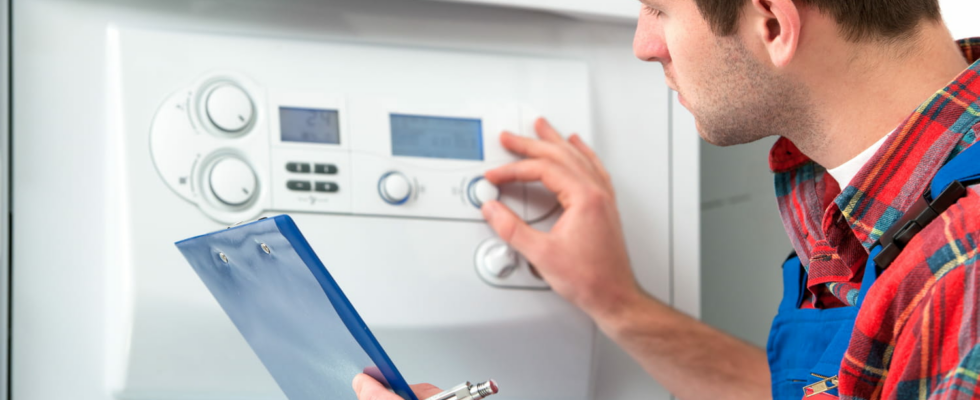To reduce your gas or electricity bill, it is tempting to lower the temperature of your water heater. But be careful, a value that is too low can expose you to other dangers.
Among home equipment, those that produce heat are by far the biggest consumers of energy, much more than digital devices such as the Internet box, television or computer. To control your consumption, and therefore your bill, it is essential to precisely adjust the temperature of your heating system, but also that of another device present in all homes: the water heater.
Adjusting the temperature of the water heater is in fact crucial on two levels: on the one hand to optimize its energy consumption and therefore limit its bill, and on the other hand to prevent health risks that are sometimes underestimated. If a temperature that is too high generates unnecessary expenses, a temperature that is too low can, on the other hand, encourage the development of a dangerous bacteria, Legionella pneumophila.
This microorganism can cause a serious lung disease, Legionnaires’ disease. In France, on average there are 1800 cases of this infection per year, of which 10% unfortunately prove fatal. These bacteria multiply particularly in stagnant water, between 25°C and 45°C, making this thermal range critical for health safety. A poorly adjusted water heater can thus become a real breeding ground for bacteria, and maintaining a temperature below 50°C is strongly discouraged.
Conversely, heating domestic water above 60°C can cause burns and unnecessarily increases energy consumption. The ideal temperature for a water heater is therefore generally between 50°C and 60°C. At 55°C, you achieve an optimal compromise between energy savings and health safety. This value is sufficient to prevent bacterial proliferation and to limit energy consumption, thus reducing your bill and your carbon footprint.
But following these recommendations also helps extend the life of your water heater. Too high a temperature encourages the formation of limescale deposits, which can clog and damage the heating elements, reducing the energy efficiency of your domestic hot water system. Appropriate settings therefore make it possible to maintain optimal operation while reducing maintenance and servicing costs.
Finally, to guarantee personal safety while reducing your consumption, installing a temperature limiter is a wise solution. This device mixes hot water with cold water at the outlet of the water heater, limiting the temperature distributed to the taps. You benefit from safe hot water while reducing the risk of burns, particularly for young children and people with loss of autonomy.
